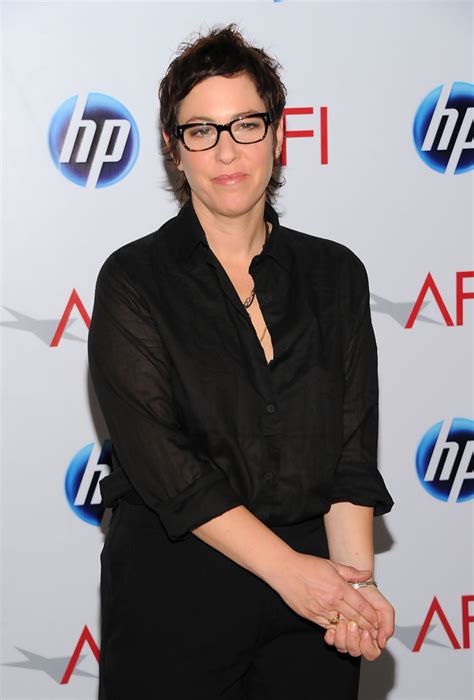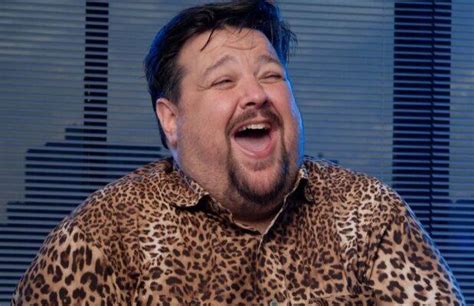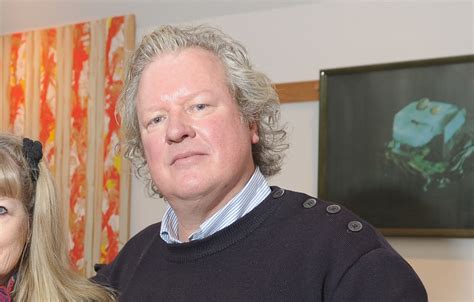A Quote by Cynthia Addai-Robinson
The great thing about really heightened historical dramas is that they can convey much larger themes.
Related Quotes
I never really approach any project or story thinking of themes first or what a certain character 'represents.' Maybe other writers do, but for me, it just starts with the characters and a certain emotion I want to convey. It usually isn't until I get deeper into a book and look back a bit that I start to see the themes, etc.
Teachers, who are really good create that environment where you can be very satisfied by the process of learning. If you do something and you find it a very satisfying experience then you want to do more of it. The great teachers somehow convey in their very attitude and their words and their actions and everything they do that this is an important thing you're learning. You end up wanting to do more of it and more of it and more of it. That's a real talent some people have to convey the importance of that and to reflect it back to the students.
I'm not sure if a writer should talk about themes. Themes arrive out of the deeper structure and concerns, but to me, the main thing is getting it down right, writing about specific characters in specific predicaments, and finding a way to be true to the story itself, not only in the first burst of draft but in the revision, too.
I really am just trying to tell stories. But stories are often grounded in larger events and themes. They don't have to be - there's a big literature of trailer-park, kitchen-table fiction that's just about goings-on in the lives of ordinary people - but my own tastes run toward stories that in addition to being good stories are set against a backdrop that is interesting to read and learn about.
Once you start backing into all of that, then you see this incredibly intricate, totally wrong-headed way to do things, but nevertheless has a lot of merit to it for the fact that [Buckminster Fuller] is recognizing much larger patterns, seeking much larger patterns and seeking much larger ways of trying to solve for the problem of unhygienic conditions in slums. They really were unhygienic. Whether his family was living in the slum is debatable but they were unhygienic. That needed to be addressed. He was attempting to address it.




































